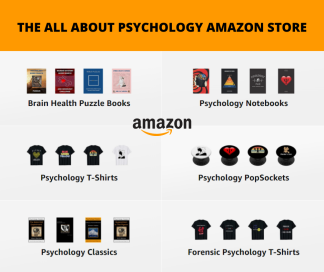Books for psychology students and curious minds
Impacts of Helicopter Parenting on Young Adults
by Erik Lundberg
(Sweden)
How does helicopter parenting impact young adults' mental health and autonomy development?
Comments for Impacts of Helicopter Parenting on Young Adults
|
||
|
||


